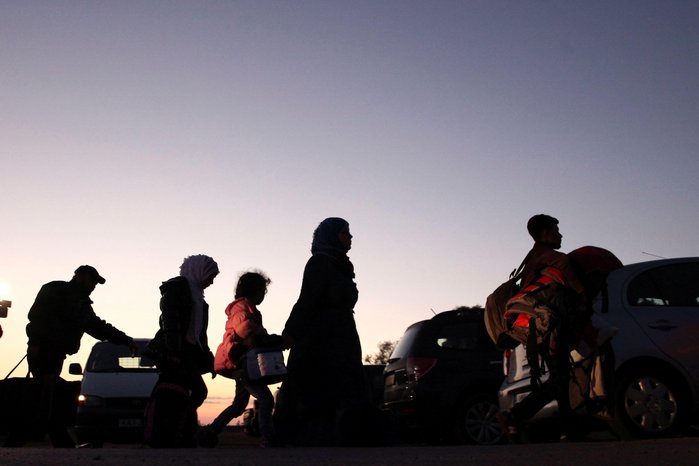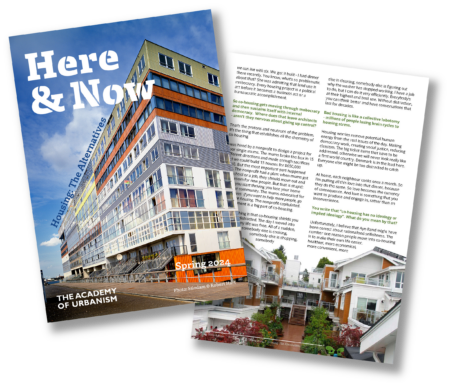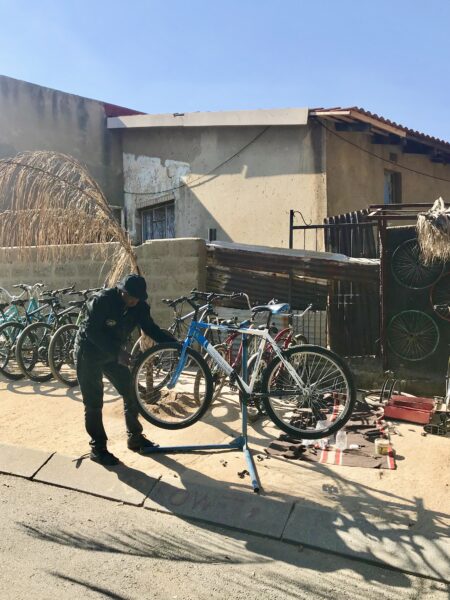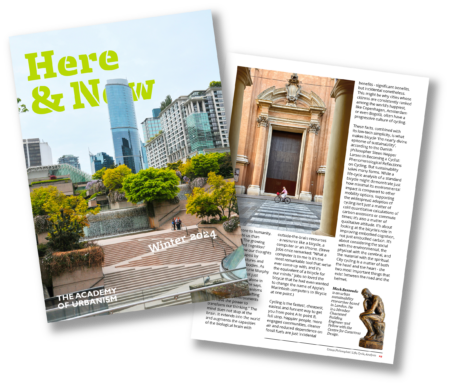As the world faces another refugee crisis Andreas Markides reflects on a time when he too was a refugee.
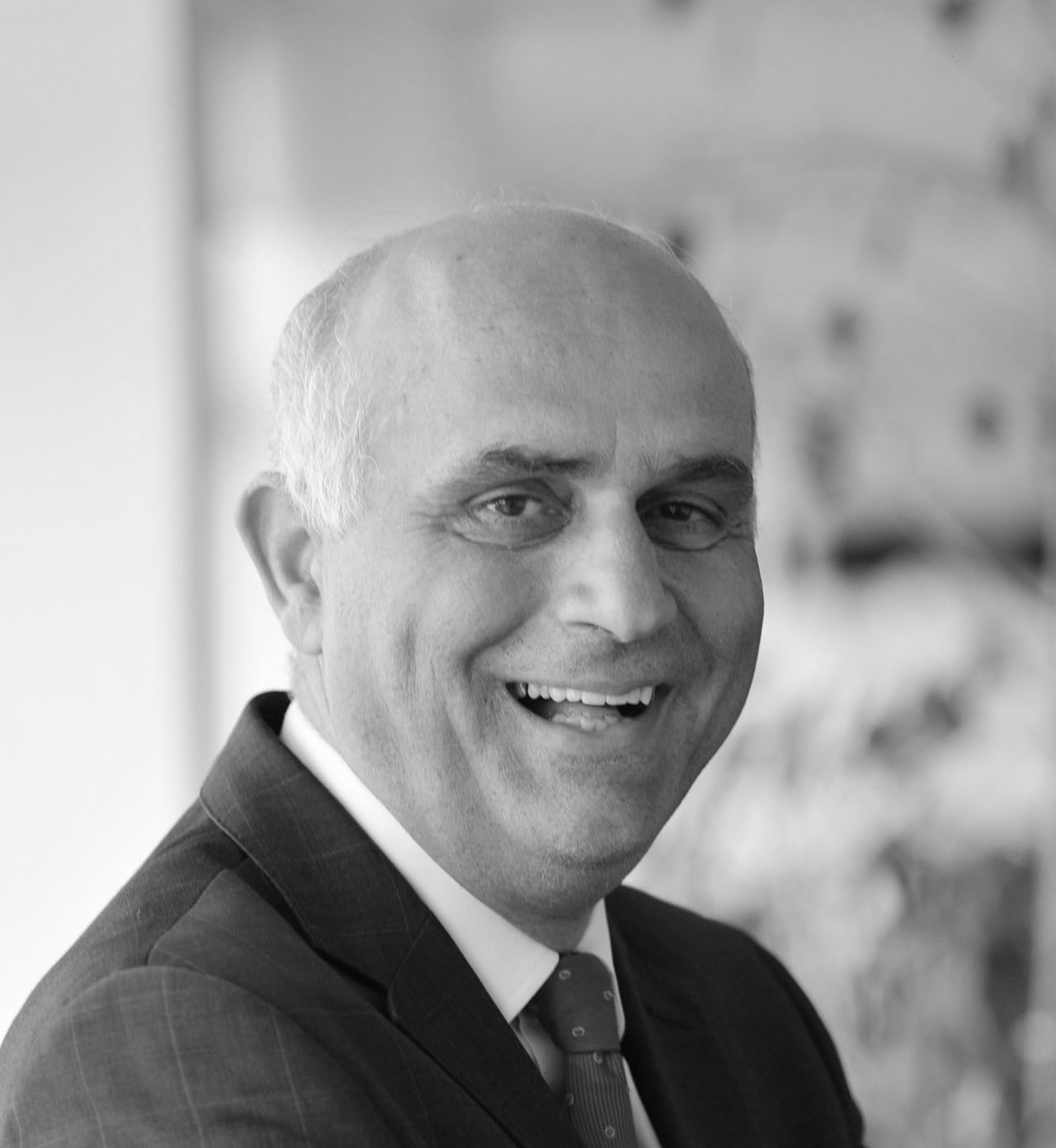 This year the Academy’s Awards are focusing on people, rather than places and we know of course that the relationship is cyclical; people affect and shape places just as places shape our own personalities and lives.
This year the Academy’s Awards are focusing on people, rather than places and we know of course that the relationship is cyclical; people affect and shape places just as places shape our own personalities and lives.
This article is about a specific category of people — refugees. I have decided to write about it not just because the subject is regularly in the news, but for selfish reasons, because I too am a refugee! I do not often talk about it, not only because it is very personal, but because I sense that for most people, what I experienced all those years ago is of only passing interest. I did not think that an event which has shaped my character, my thinking and everything that I have done since then, should be denigrated to idle conversation.
Nearly 50 years later, I feel ready to write about it; so, here it is.
In the Summer of 1974 Turkey invaded Cyprus which is where I was born. I was 15 years old and growing up in a small village of less than 1,000 people. It was a very happy existence with two loving (if a little strict) parents, kids playing in the streets and an overpowering smell from the blossom of the orchards which constituted the livelihood of most families in the village.
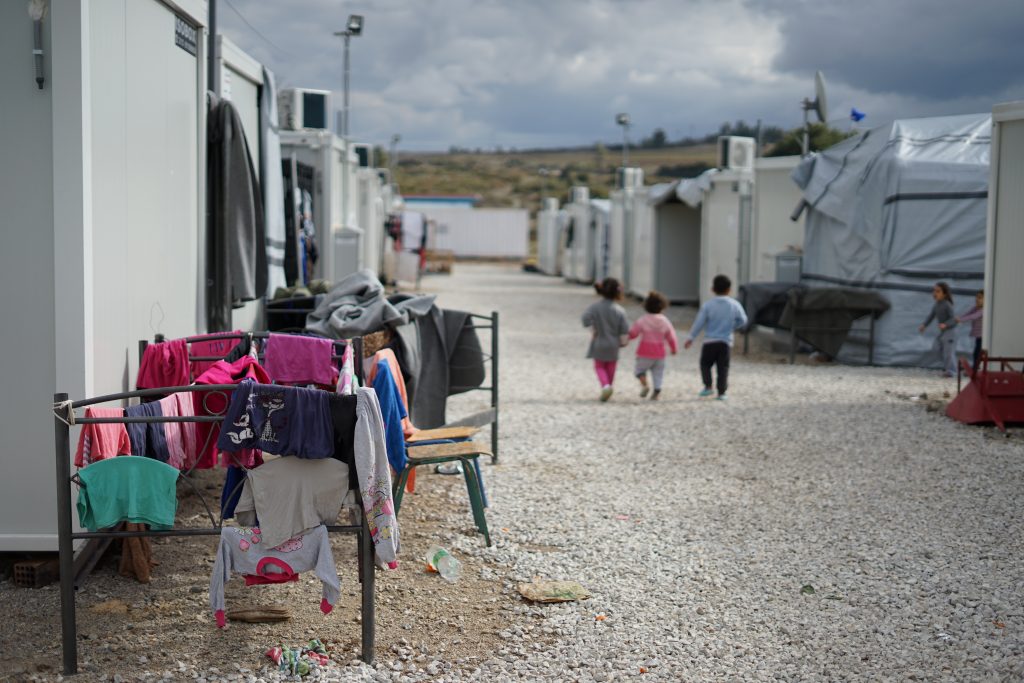
For reasons that are not relevant here, Turkey invaded Cyprus that Summer and after a short war (the small island of Cyprus stood no chance against a military power from NATO), Turkey was able to capture about 40% of the northern part of the island. I can still remember the fighting that I watched from a distance as if it was a ‘cowboys and Indians’ Hollywood movie. I can also still see vividly before my eyes the war planes dropping their napalm bombs on several villages and the line of Turkish troops advancing steadily and getting closer and closer to our village.
At one point my parents decided, like many other people, that we should abandon our home. All the family (two parents, five children under the age of 15 and the inevitable black-clad grandmother) piled into my father’s car and drove away to safety. We thought that this would have been for a short time but we are yet to return to my ancestral home. In that instant my parents lost everything they had – their home, their orchards and all their possessions.
Since then I have often wondered how I would have reacted if anything like that had ever befallen me and my own family. I admire the way that my parents (in their early 40s at the time) responded. Even though they were overwhelmed with sadness and momentarily paralysed by their great loss, they never succumbed. I remember to this day when my father gathered all of us together and said in a firm tone that allowed no doubt or dispute: “we have lost everything but I give you my word that all five of you will go on to study at a university”! I do not know how they managed to do it but my parents have kept that promise.
During the immediate aftermath of the invasion I also remember standing in long queues to collect second-hand clothes, shoes and food that were distributed to all the refugees by the United Nations, the Red Cross and various other agencies. And I vividly remember the rows and rows of tents that were swiftly set-up in different (usually barren and unforgiving) locations, in order to house the refugees.
You might ask – what has been the effect of all this on yourself? I can honestly say that I consider this catastrophe to be a blessing! This may sound perverse but it has taught me to be strong and to fight for better things (like my parents had done). It has also taught me that, even though money is important, it is far less important than many other things – again see how my parents were able to rebuild their lives even after they had lost everything. Finally, it has taught me the value of friendships (so many people stood by us during those awful times) and the importance of a kind word, particularly to people who are down; it can have an electrifying effect!
And yet – and yet! There is always a wall between the refugees and us; it is always them and us.
.
It is this last point that I would like to focus on because, since that fateful Summer in 1974, there have been dozens and dozens more wars around the world and these have had the inevitable consequence of people losing their homes, their land and in many cases their dear ones. We call all these people “refugees” but none of us really appreciate the horrors that these people undergo for days, months and years.
We watch with empathy but helplessly (and some indifference, as we go about our busy lives) all the new streams of refugees that are constantly invading our comfortable lives. Remember the pictures on the news of long lines of people fleeing their homes either on foot, tractors or battered-down cars, following the Yugoslav wars? Remember the war in the Lebanon or the on-off conflict in the Ukraine? Remember Eritrea, Libya and more recently Syria, Iraq, Myanmar, Armenia and now, of course, Afghanistan? The grim litany is never-ending and knows how to renew itself.
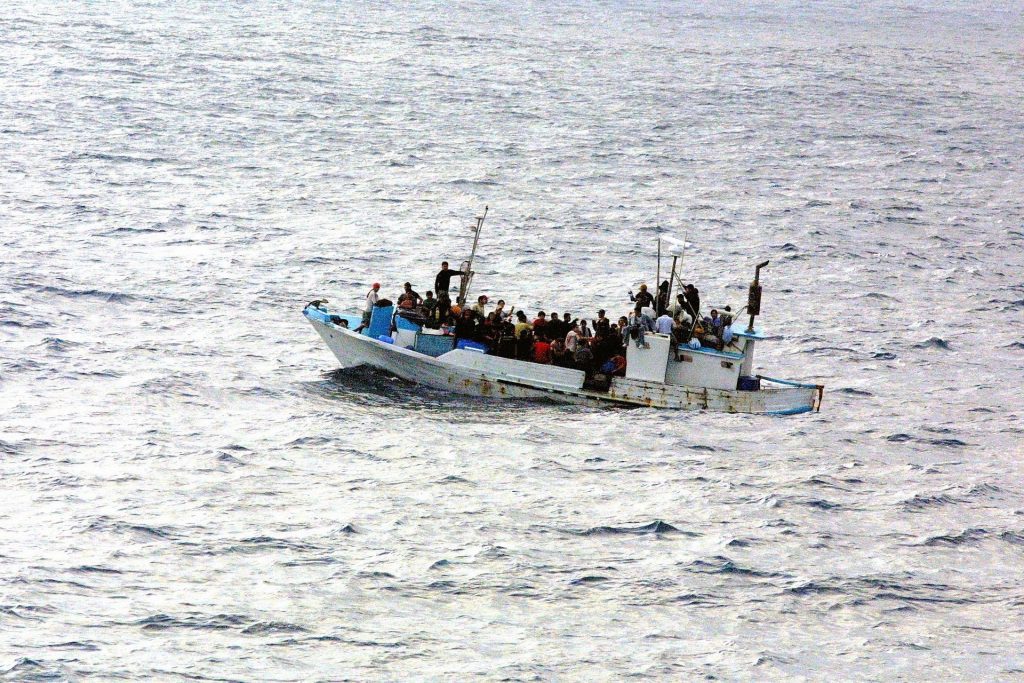
People’s lives are utterly shattered by one conflict or another. In fact, looking back in history, it would seem that the world simply goes from one turbulence to the next – and each turbulence produces its own refugees. From biblical times when Moses and the Jews were fleeing Egypt to later times when the Irish and Italians went to America; the Greeks to Australia; Mexicans attempting to break down Donald Trump’s wall. It is clear that, to a certain extent, we are all either refugees or their descendants!
And yet – and yet! There is always a wall between the refugees and us; it is always them and us. Very rarely do we welcome them with open arms. Nor do we for a moment recognise that, if these people were given the choice, they would much rather raise their families in their own homeland. Even all these years later and despite a life which has now become comfortable, my parents would repeatedly say that their one remaining wish is for them to be buried in the humble cemetery of their small village. Time has regrettably taken that wish away from my mother now but my father is still dreaming of that……
So, instead of seeing refugees as undesirable invaders of our comfortable lives we should embrace them. Only when we give them opportunities and treat them with kindness will refugees be able to fulfil their natural potential. At that point we will surely appreciate their worth as we will have seen how, in their different ways, they have enriched our own lives.
Kindness will comfort and inspire refugees but will it heal their wounds? I have recently read in a newspaper about a young woman’s tragedy in Mosul (Iraqi Kurdistan) and it reminded me once again that my own misfortune 50 years ago is nothing compared to the tragedies that are constantly experienced by countless people around the world. Here is the excerpt from that newspaper article.
The bullet struck her daughter, killing the two-year old instantly. It passed through the child’s body into her husband, a 33-year old teacher who had been clasping the girl to his chest. He fell and died two hours later in the debris of a garden, as a battle raged around them. In the morning she loaded her husband’s body onto a wheelbarrow and pushed it through the ruins, looking for the cemetery.
“It was exhausting. I started bleeding. Three hours later I lost my unborn child. I was six months pregnant”.
A single sniper’s bullet killed all three members of her family. What life has this woman have left? And will she one day seek to get on a boat to escape the troubles in her homeland, hoping for a better life elsewhere? And will her heart be broken for ever or will she be able at some point to experience happiness and to stand tall? And how will we answer her, when she knocks on our door and finally will we give her the opportunity to shape our own world and to enrich our lives with a welcoming smile?
Andreas Markides is a director of the Academy of Urbanism


